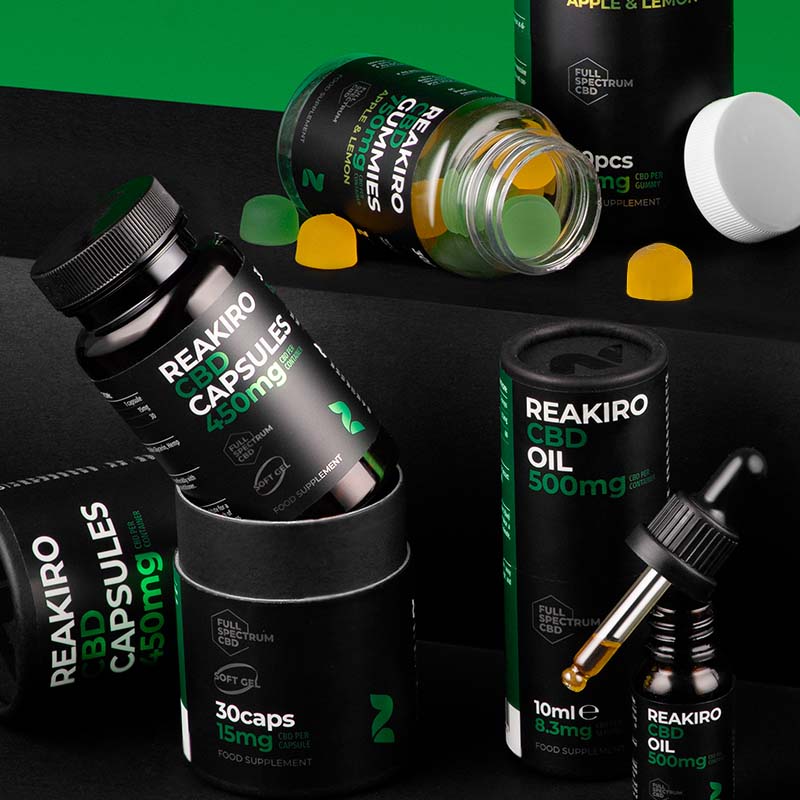Table of Contents
CBD and Heavy Metals
Laboratory tests are mandatory to confirm the safety of any cannabis product, which is regulated at the legislative level. As a result, only products with known complete safety for the buyer are admitted to the legal market. First of all, such laboratory analyses determine the CBD heavy metals content and physical pollutants.
Dust, dirt, hair, and other contaminants indicate poor cultivation and packaging. Heavy metals, including lead, mercury, and even cadmium, are much more dangerous and can enter cannabis through soil or water.
What Are Heavy Metals?
Everyone now knows about the large-scale pollution of the environment by harmful and toxic substances. After all, it is no secret to anyone that emissions of heavy metals pollute the atmosphere of industrial cities. They are present in the air we breathe, in the water we drink, and in the soil, where they are accumulated by the roots of plants and fall into the cycle of substances in nature.
How Do They Toxic?
Heavy metals and their compounds have a toxic effect on the human body, causing many diseases. Some metals can accumulate for a long time in specific organs and tissues.
Cadmium
Excess cadmium intake in the body can lead to anemia, liver damage, impaired lung function, osteoporosis, deformation of the skeleton, and the development of hypertension. It accumulates in the kidneys and can cause the formation of stones in them.
Lead
Lead, along with arsenic, cadmium, and mercury, belongs to the class of highly hazardous substances. Lead accumulates in bones, causing their gradual destruction, gets in the liver and kidneys and can cause a decrease in performance, memory impairment, and even chronic brain diseases.
Mercury
Mercury has a toxic effect on the central nervous system, causes tachycardia, and leads to emotional instability, memory impairment, insomnia, apathy, etc. A person constantly feels tired, gets tired quickly, and becomes distracted and irritable.
Can CBD Contain Heavy Metals?
Soils used for growing marijuana (cannabis) are often located in the suburbs or near abandoned industrial sites. Such soils (and waters) often contain polluting toxic elements such as lead (Pb), chromium (Cr), arsenic (As), and cadmium (Cd). In some areas, cases of the use of harmful (polluting) impurities have been identified.
While heavy metal contamination is a widespread problem, CBD products are particularly at risk because hemp is a bio-accumulator. In addition, people who smoke may acquire cancer and other neurological issues as a result.
Here is why CBD and heavy metals laboratory tests play a crucial role. After all, no one likes hemp, which is full of heavy metals, pesticide residues, or special additives to improve the aroma or appearance. Among other things, pesticide and fungicide residues in marijuana cause consumers the most concern.
The latest study indicated that the final content of pesticides in marijuana is easily detected during laboratory analysis. This worries consumers, as the toxicity of pesticides increases due to their combustion during smoking.
Conclusion
The best way to avoid contaminants is to opt for those with an official organic certification. Organic CBD products are grown using natural methods, including crop rotation and fertilizers.
It is essential to assess the quality of grown or purchased marijuana. At the same time, it is necessary to consider several different aspects: from selection methods of genetics and cultivation to forms of "treatment" and effects from use.



